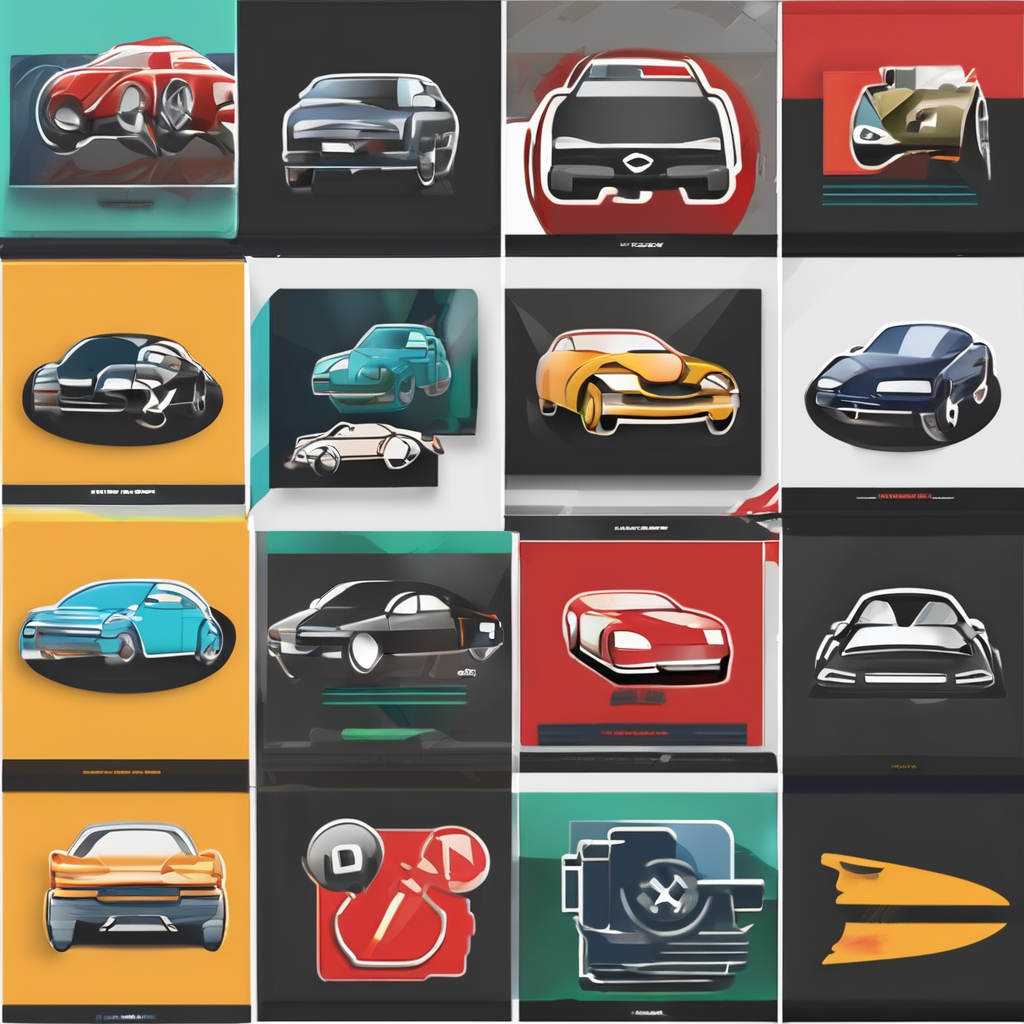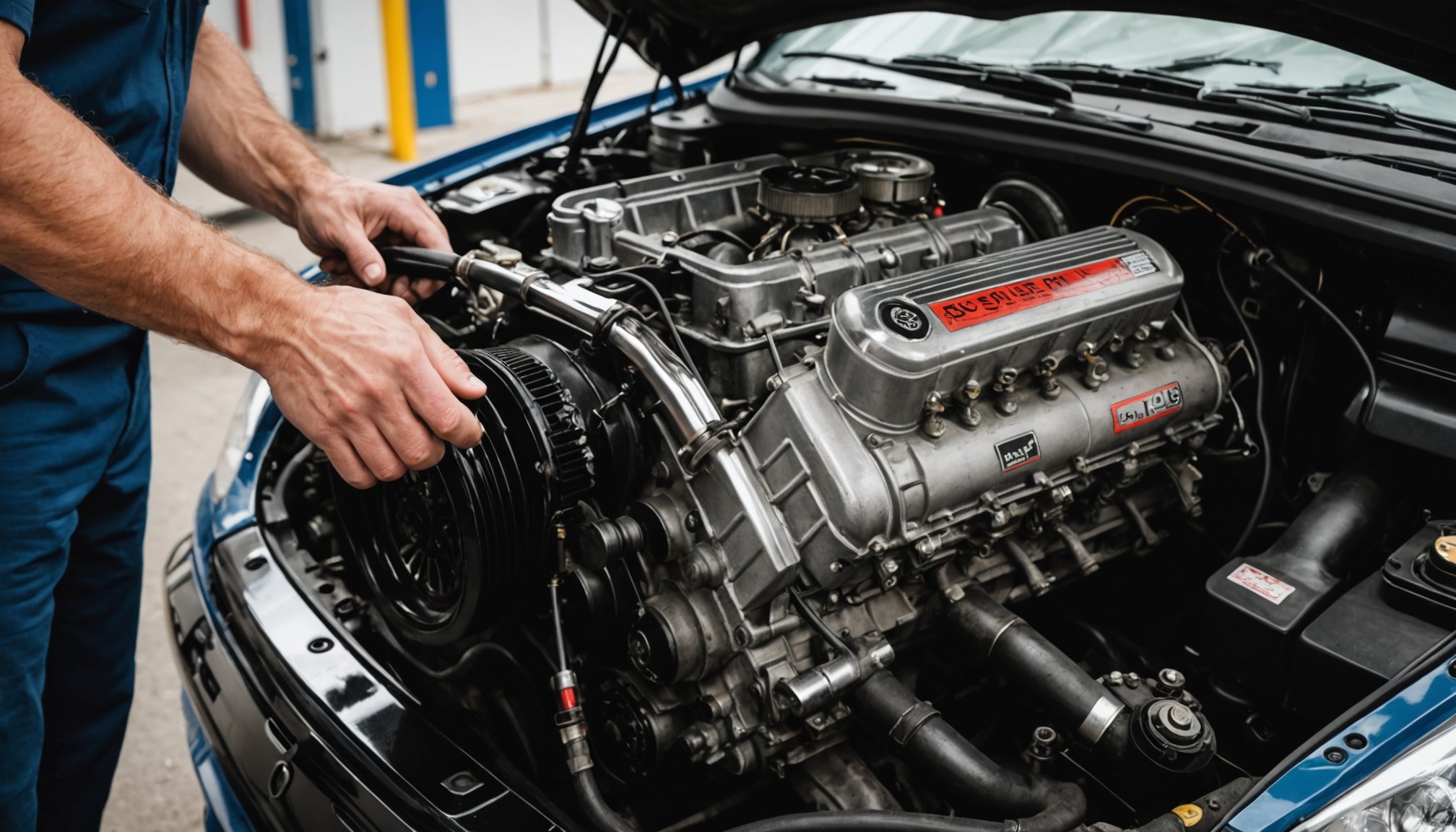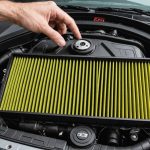Engines are the heart of your vehicle, driving its performance and determining its reliability. Yet, like any intricate system, engines are susceptible to wear and tear, leading to potential failures that can leave you stranded on the side of the road. As owners and drivers, understanding the common causes of engine failure equips you to prevent them, ensuring your car runs smoothly and efficiently. In this article, we explore the primary reasons why engines fail and provide actionable insights to safeguard against these issues.
Lack of Regular Maintenance
One of the most frequent culprits behind engine failures is neglecting regular maintenance. Over time, this oversight can lead to a cascade of problems, each one compounding the next. You might not notice these issues until it’s too late, resulting in costly repairs and potential breakdowns.
Also to discover : How often should you replace your windshield wipers for optimal visibility?
Oil is a critical component that keeps your engine running smoothly. Without regular oil changes, dirt and debris can accumulate, causing increased friction and eventual damage to vital engine parts. This could lead to overheating or even a complete engine failure. Similarly, ignoring cooling system maintenance can result in low coolant levels, further increasing the risk of your engine overheating.
To prevent these issues, adhere to your vehicle’s maintenance schedule. This includes regular oil changes, checking and topping off coolant, and inspecting the engine’s overall condition. By staying proactive, you’ll extend your engine’s lifespan significantly, reducing the likelihood of unexpected and costly failures.
Also to discover : What should you know about car financing options available in the UK?
Overheating and Its Consequences
Overheating is another significant cause of engine failure, often stemming from an inadequate cooling system. This issue is particularly common during hotter months or when your vehicle is under considerable stress, such as towing heavy loads or driving in mountainous areas.
When an engine overheats, the excessive heat can warp metal components, damage seals, and lead to catastrophic failures like a blown head gasket. Coolant, a blend of water and antifreeze, is crucial in regulating engine temperature. If levels are low or the cooling system faces a blockage, your engine is at risk of overheating.
To avoid overheating, frequently check your coolant levels and watch for leaks. Also, ensure the radiator and hoses are in good condition and free from blockages. Regular service checks by a trusted auto shop will help identify these issues before they escalate, keeping your engine cool and operational.
Fuel System Problems
Fuel system issues can severely impact engine performance, leading to failures if not addressed. This system is responsible for delivering fuel from the tank to the engine, and any disruption can result in poor combustion or engine stalling.
Common fuel system problems include clogged fuel filters, faulty fuel pumps, or contaminated fuel. These issues can cause the engine to run lean, lack power, or hesitate during acceleration. In severe cases, the engine may fail to start altogether.
To mitigate fuel system problems, use quality fuel and regularly replace the fuel filter as per your vehicle’s maintenance schedule. Additionally, pay attention to how your car feels during operation. If you notice any irregularities, such as stuttering or difficulty starting, consult a professional mechanic immediately. Timely intervention can prevent minor issues from evolving into significant engine failures.
Timing Belt and Chain Issues
The timing belt or chain is an essential part of your engine, ensuring the combustion cycle runs smoothly by synchronizing the camshaft and crankshaft. Any malfunction in these components can result in serious engine damage.
If the timing belt snaps or the chain slips, the engine’s pistons and valves can collide, causing extensive damage. This is often referred to as a “catastrophic failure,” and repairing it can be extremely costly.
To avoid such failures, replace the timing belt or chain according to the manufacturer’s recommendations. A professional service can inspect these components, looking for signs of wear or tension issues. Proactive replacement and regular inspection ensure your engine runs smoothly and avoid unexpected breakdowns.
Understanding the common causes of engine failure and taking preventative measures can save you from costly repairs and ensure your vehicle’s longevity. Regular maintenance, a watchful eye on the coolant system, attentive care to the fuel system, and timely replacement of the timing belt are crucial steps in preserving your engine.
By prioritizing these actions, you not only extend the life of your engine but also enhance the overall performance and reliability of your vehicle. Remember, a well-maintained engine is less likely to leave you stranded and more likely to offer a smooth, efficient ride.











